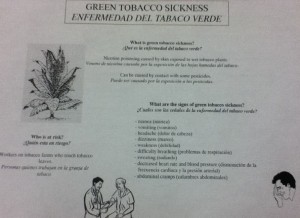–Matt Jones is a PhD candidate in the English department at the University of Connecticut. His work focuses on post-Enlightenment discourse in 18th- and 19th-century British literature. He has contributed to the processing and description of the Laurie S. Wiseberg and Harry Scoble Human Rights Internet and contributes research commentary on the collection to the Human Rights Archives Blog.
In a 1989 issue of Nicaraguan Perspectives Noam Chomsky discusses the extent of events that, for one reason or another, go unreported by the US media. Asserting that the media are in fact “corporations” themselves, he explains that “this and many other factors influence [the media] to produce a picture of the world that reflects the interests of owners, advertisers, and the privileged elements that occupy managerial positions.” To those aware of the greater American involvement in South America – and elsewhere – this claim would not have constituted a particularly eye-opening revelation. It, presumably, would be even less momentous in our post-Wikileaks society. Of course, what made Chomsky’s piece in Nicaraguan Perspectives informative were the insights of these events that he described, as these were inaccessible to a public reliant upon the Times and the Post for its news. Though Chomsky and many others continue to expose and disseminate information unacknowledged by major American media outlets, there is much more to excavate beyond what can be included in a single essay, or chapter, or op-ed. Continue reading




